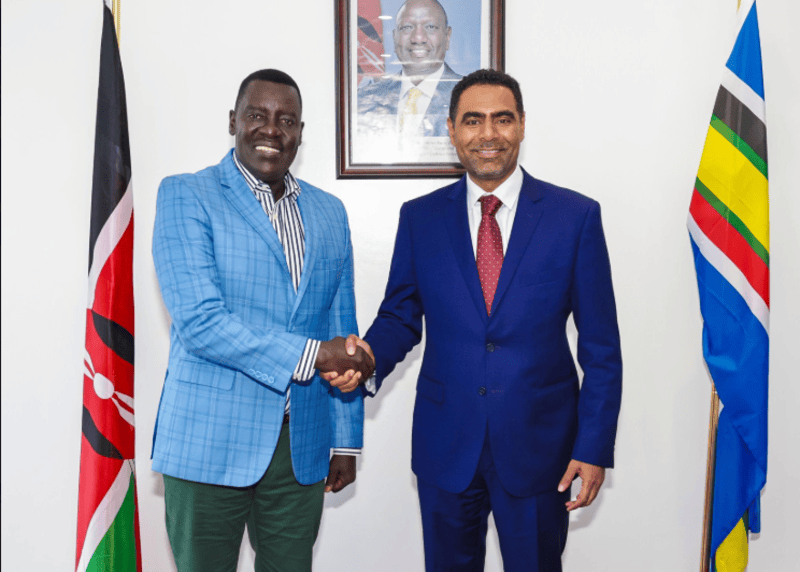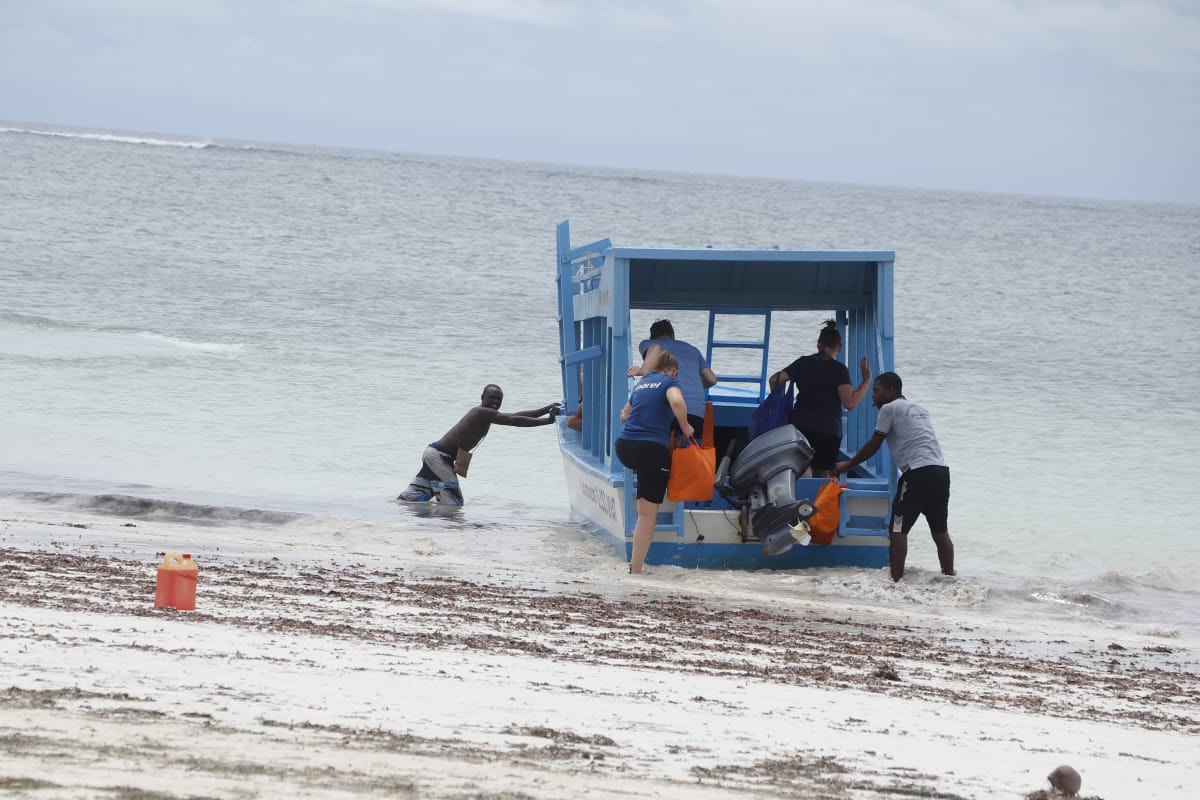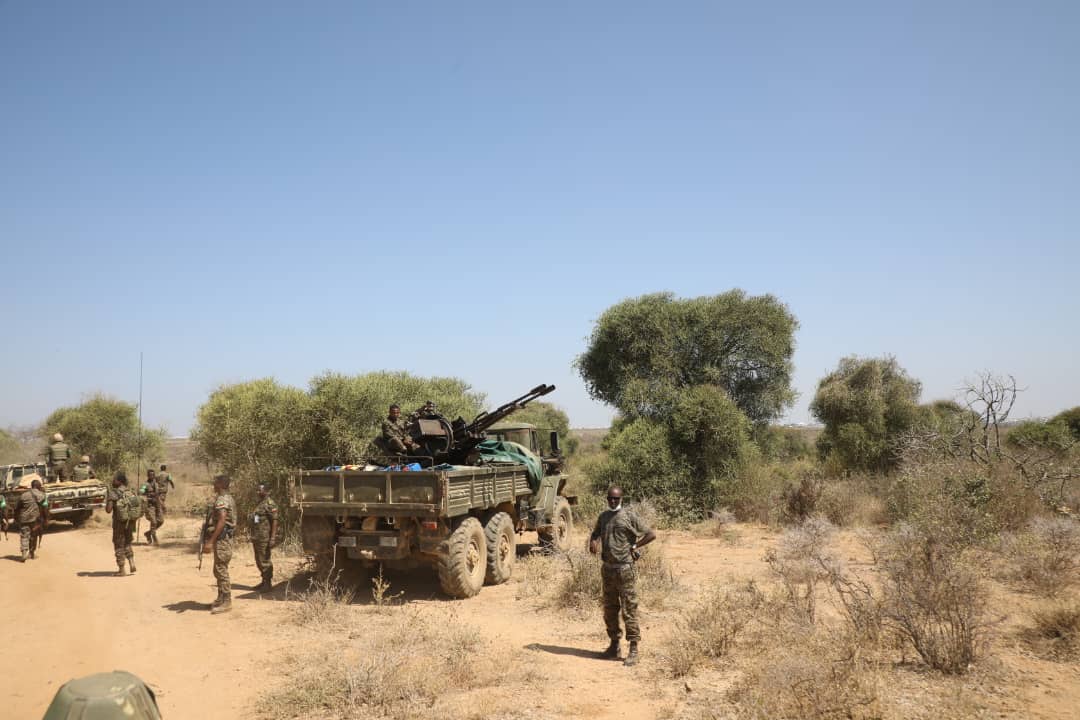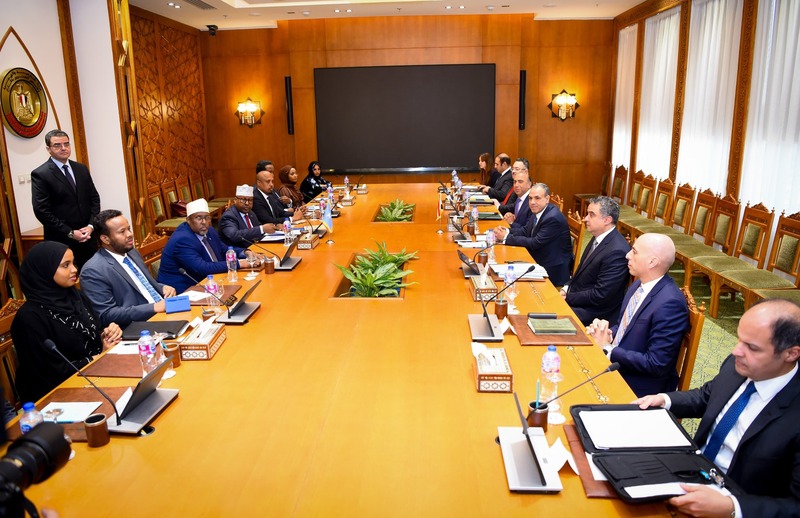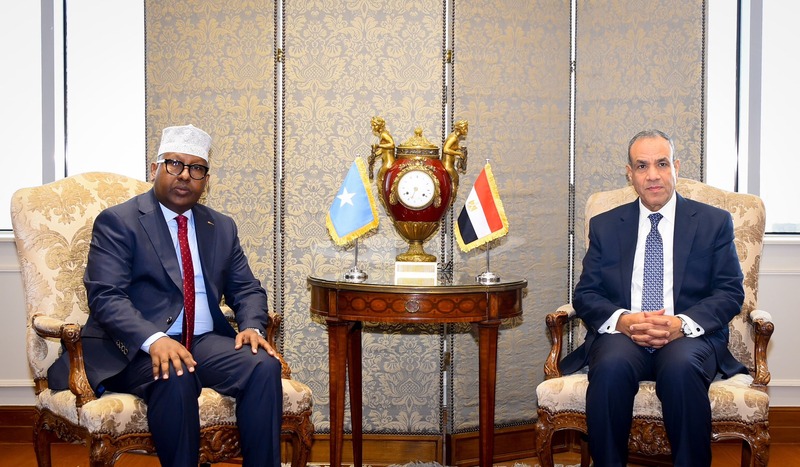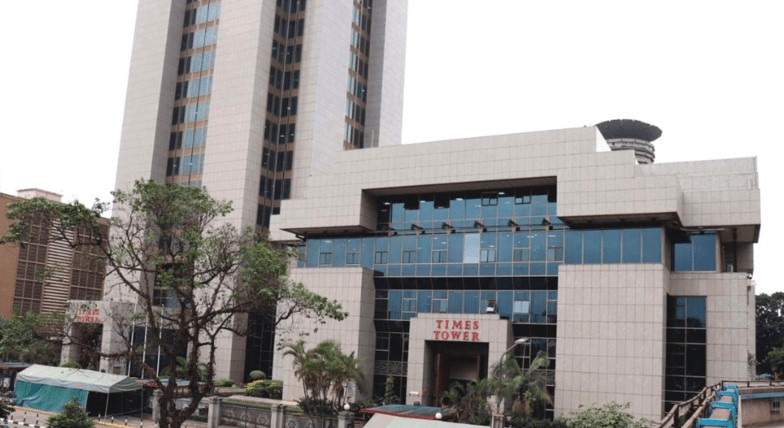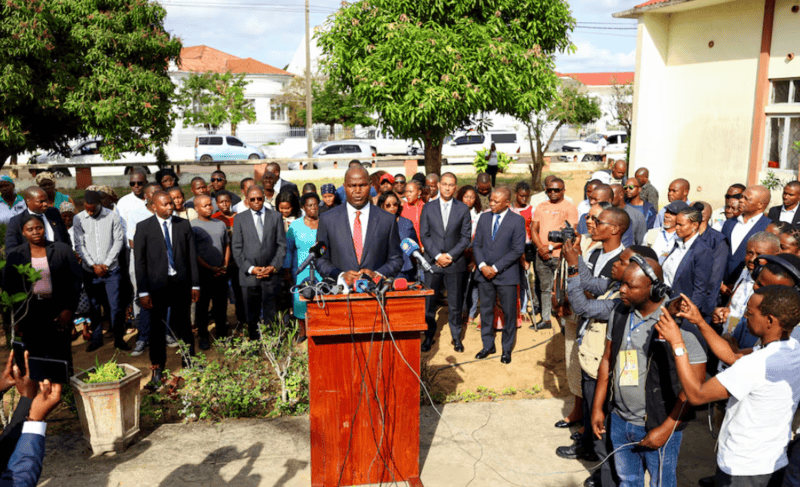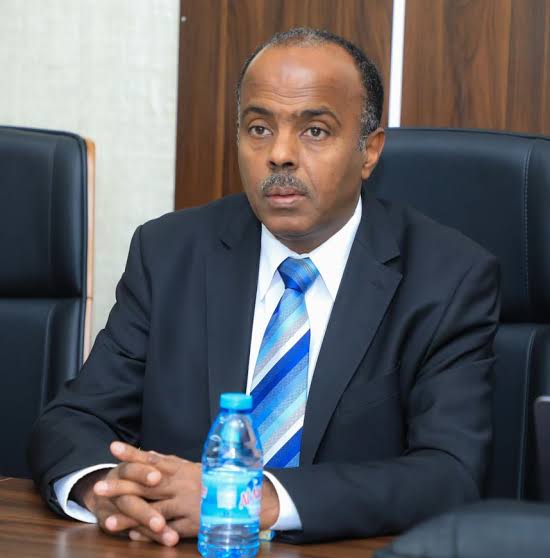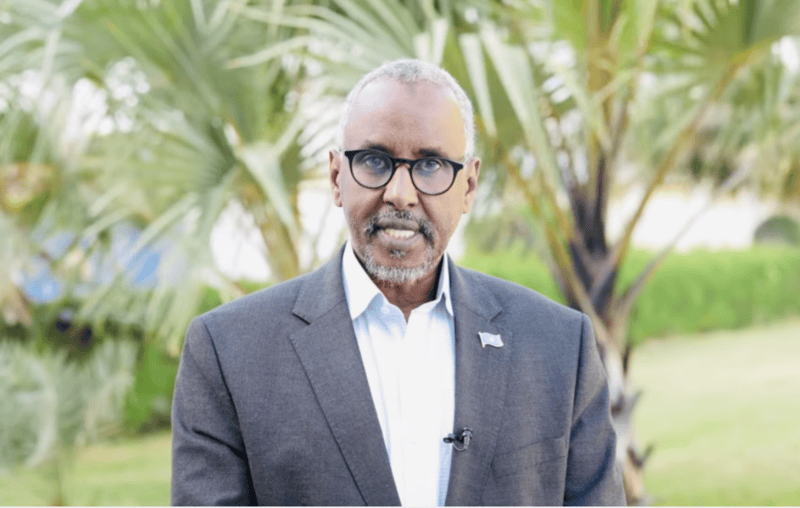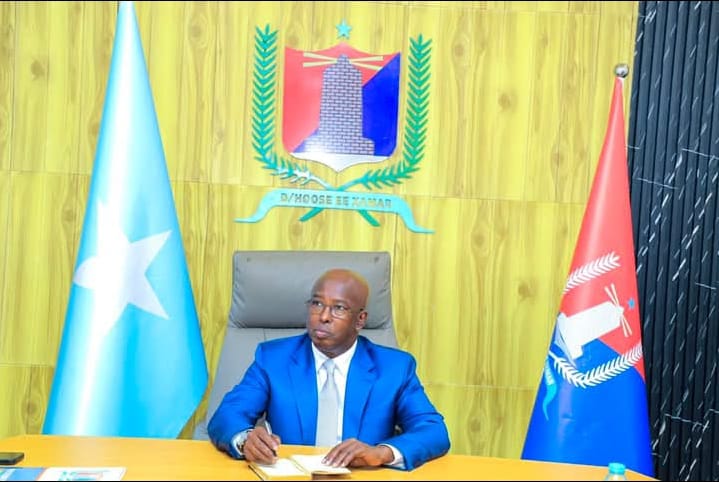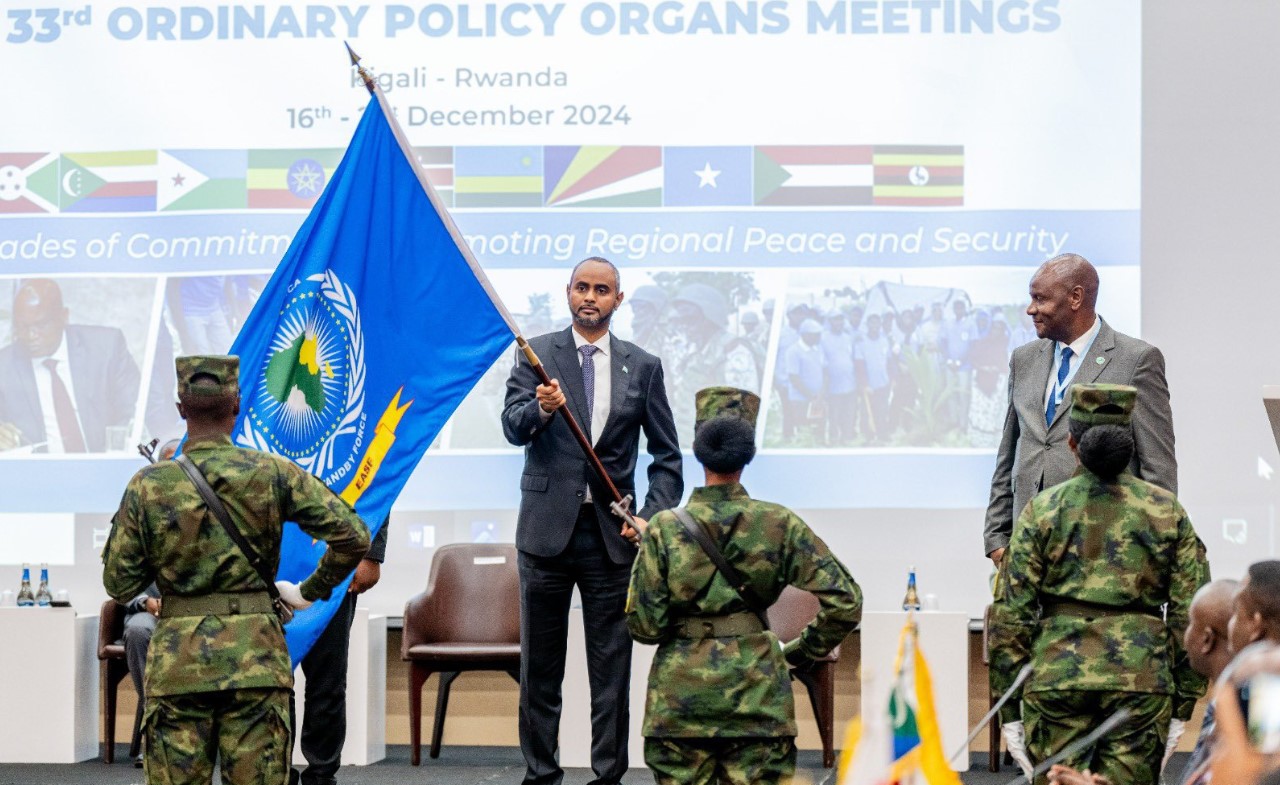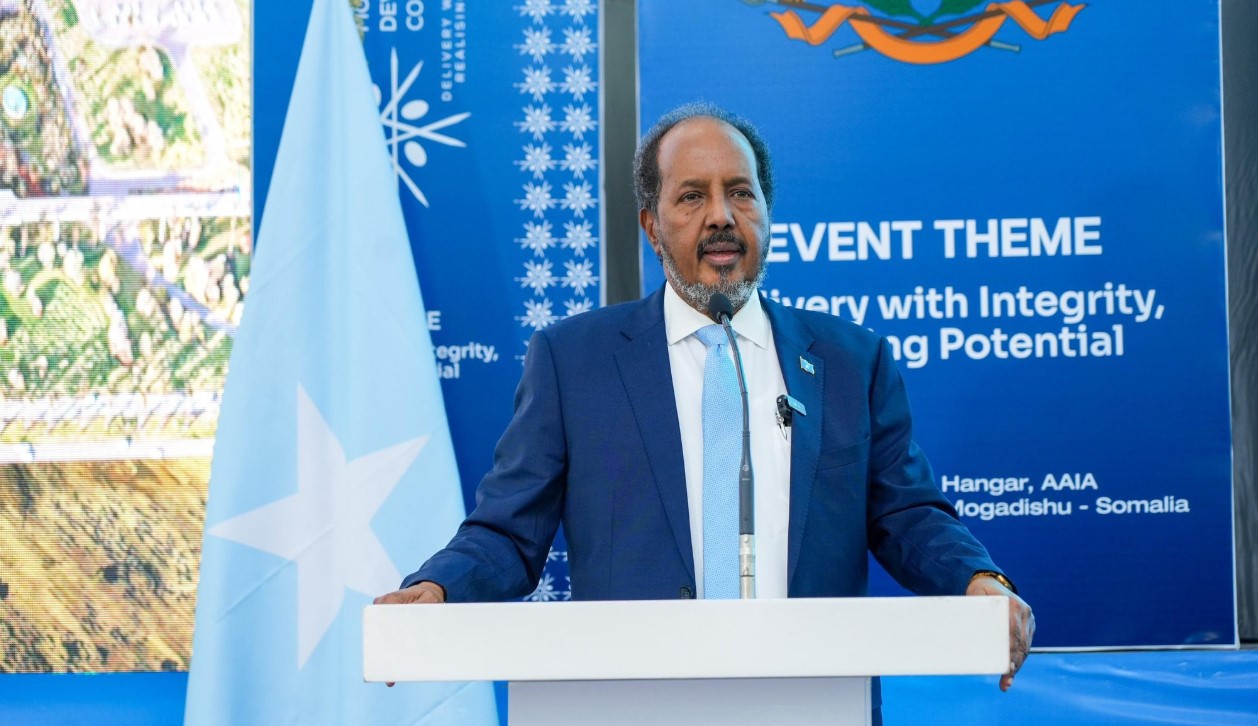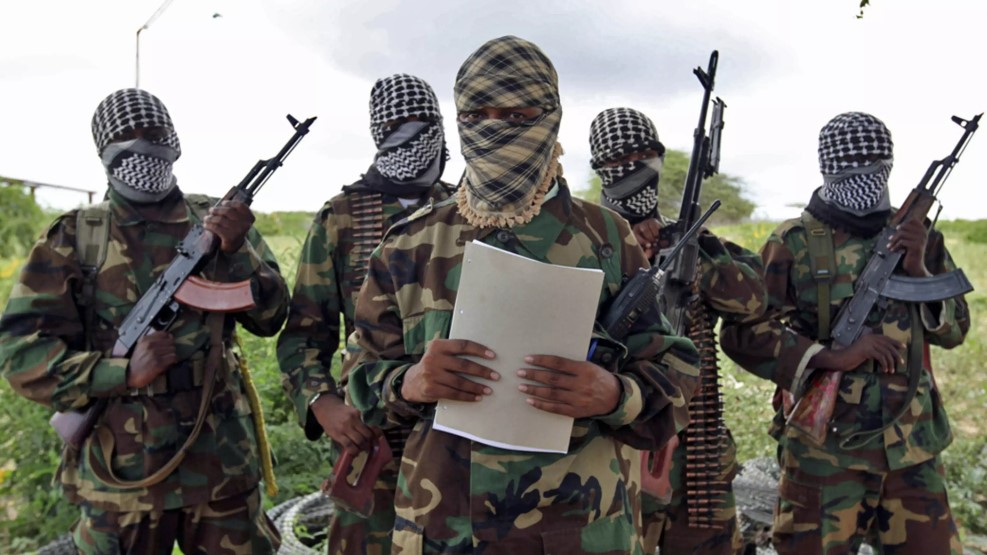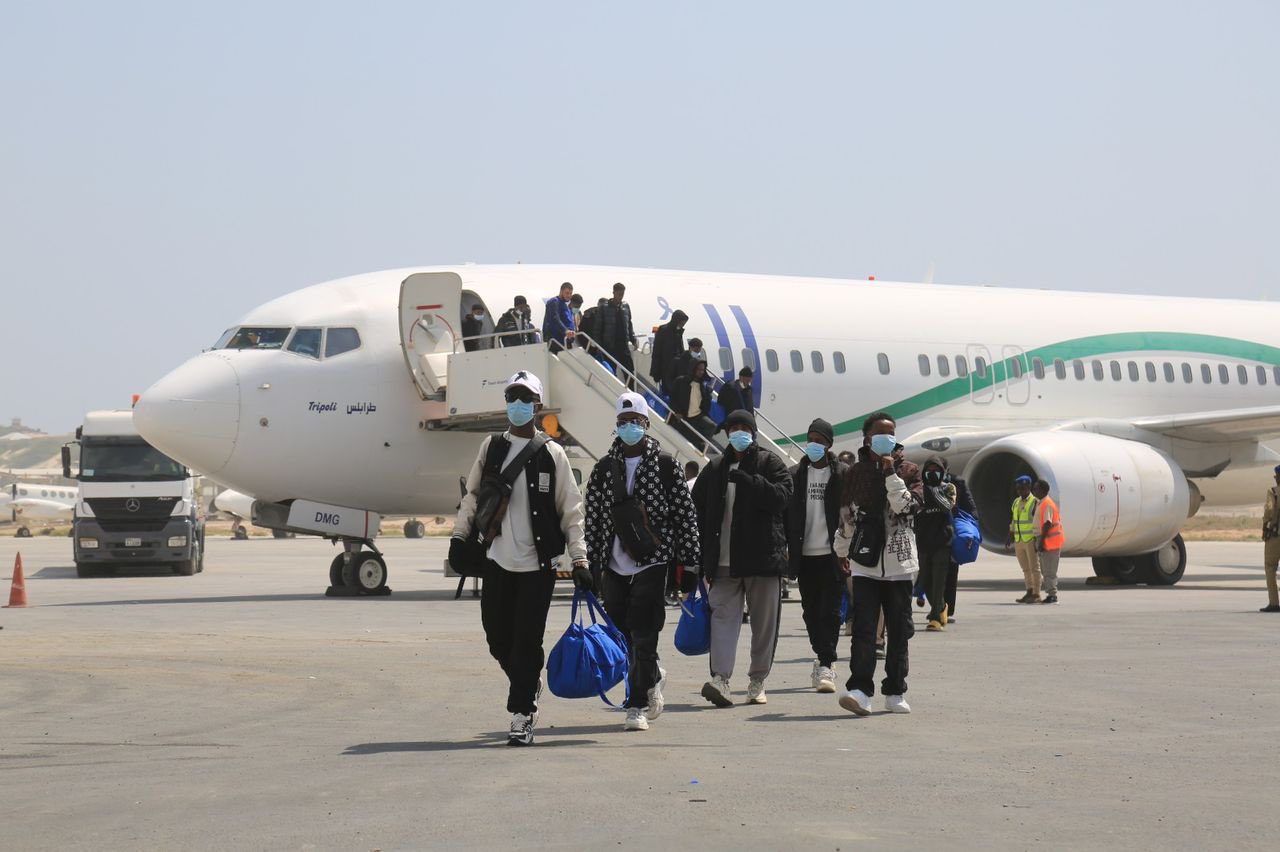UN extends Al-Shabaab sanctions in Somalia, paves way for new stabilisation mission
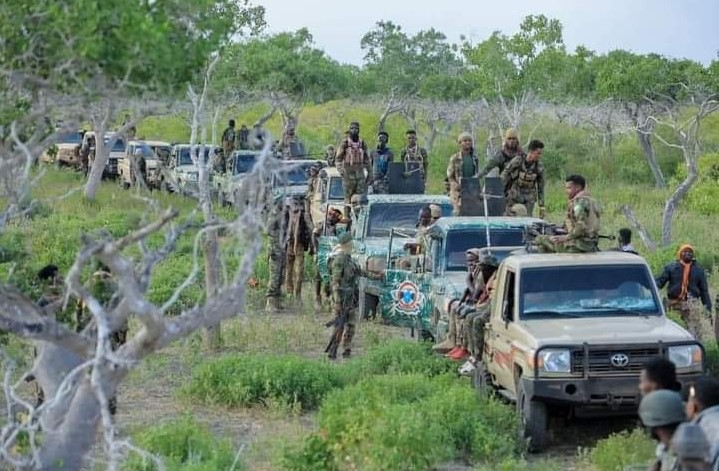
By Amina Wako |
The 15-member council unanimously endorsed the extension, which the United Kingdom authored.
The United Nations Security Council has voted to extend sanctions on the militant group Al-Shabaab for an additional two months, giving the international community more time to deliberate on a coordinated response to the enduring threat in Somalia.
The decision, reached on Friday during a session in New York, aims to maintain stability and prevent Al-Shabaab from reclaiming liberated territories.
Keep reading
- Somalia accuses Ethiopia of sovereignty violations after deadly attack on military bases in Gedo
- Somalia and Egypt forge closer ties as new African Union mission looms
- Somalia sends mixed signals with diplomatic visits to Egypt and Ethiopia
- Somalia's delegation visits Addis Ababa to strengthen ties under Ankara Declaration
The sanctions, which fall under Resolution 2713/23, have been in place for over a decade, restricting the transportation of illegal arms and the export of charcoal — key revenue sources for Al-Shabaab.
The 15-member council unanimously endorsed the extension, which the United Kingdom authored.
“In the context of these transitions, the text that we have tabled for adoption today provides stability for the functioning of the Al-Shabaab sanctions regime, maintaining the current provisions until the end of February,” said Jess Jambert-Gray, UK Deputy Political Coordinator.
"In the meantime, we anticipate engaging with stakeholders in the upcoming weeks to determine the optimal configuration of this crucial regime, guaranteeing it bolsters our joint endeavour to diminish al-Shabaab's threat."
Intercept banned items
The extension will allow Somalia and its international allies to continue intercepting vessels suspected of transporting banned items, including weapons and charcoal, until February 28, 2025. This decision also safeguards Somalia's progress since the lifting of its arms embargo in December 2023.
A report by the Panel of Experts on Somalia in October revealed that Al-Shabaab remains a significant threat, with the capacity to target Somali installations and launch attacks on regional partners.
The report also highlighted the rise of ISIS in Somalia, particularly in the Puntland region, complicating counterterrorism efforts.
Both threats have been central to discussions on the establishment of a new stabilisation mission, the African Union Support and Stabilisation Mission in Somalia (AUSSOM), set to replace the African Union Transition Mission in Somalia (ATMIS) starting January 1.
The AU Peace and Security Council has adopted the Concept of Operations (CONOPs) for AUSSOM, but discussions on troop contributions and funding continue.
Territorial disputes
While Kenya, Uganda, Djibouti, and Burundi have expressed willingness to contribute troops, Somalia has opposed Ethiopian involvement due to ongoing territorial disputes.
Turkey has been mediating to ease tensions between Somalia and Ethiopia. This week, the two nations agreed to initiate talks for a commercial sea access agreement, though the discussions did not address counterterrorism cooperation.
Egypt has taken a proactive role by supplying weapons to Somalia under a defence cooperation agreement signed earlier this year, positioning itself as a key supporter of AUSSOM.
Reader comments
Follow Us and Stay Connected!
We'd love for you to join our community and stay updated with our latest stories and updates. Follow us on our social media channels and be part of the conversation!
Let's stay connected and keep the dialogue going!

